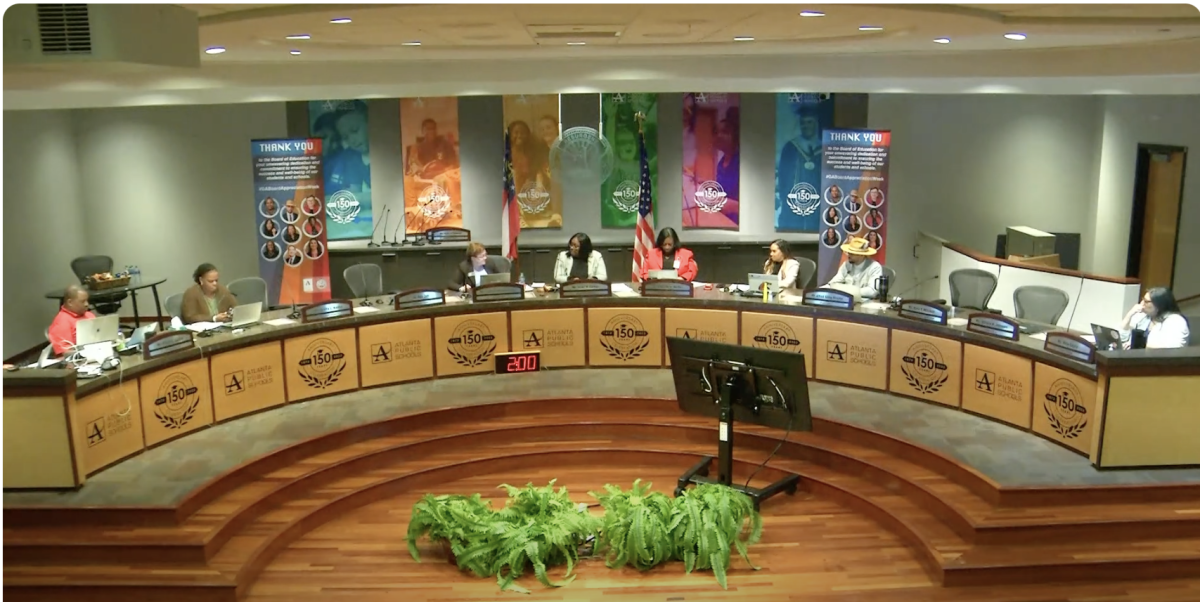Overview:
New policy changes could impact student dress code and the community equity advisory committee.
In a board policy review committee meeting last week, the Atlanta Board of Education suggested several policy changes centered on the community equity advisory committee and the student dress code.
The first agenda item was focused on the Community Equity Advisory Committee and the language around the possible removal of members in the policy. Established in 2019, the Community Equity Advisory Committee was developed to provide advice and input to the Superintendent on equity issues within the school district. Each current board member appoints a person to the committee.
Currently, the policy language specifies that equity committee members serve a four-year term aligned with the term of office of the appointing board member. The proposed change changes the committee members’ terms to two-year terms.
In addition, the proposed changes to the policy would make it clear how to deal with resignations and vacancies on the equity committee. Currently, if a member wants to resign, they must submit their resignations to the Atlanta Board of Education. The proposed change would allow for the removal of a member of the committee by the Superintendent, their appointing board member or by a majority vote of the Atlanta Board of Education.
Board Members Cynthia Briscoe (At-large, Seat 8) and Eshe Collins (District 6) asked several clarifying questions about the process for enforcing removal from the equity committee. Briscoe suggested that language should be added to include a process for enforcing membership removal, similar to the process currently used to address grievances within the Board of Education.
The second agenda item for the board policy committee dealt with language around the student dress code. The current board policy, JCDB, which focuses on the student dress code, was first adopted in 1994 and last revised in December 2023. The current suggested revision would be to add language in the policy that no students would be subjected to discrimination or harassment based upon “…hair texture, protective hairstyles (including braids, locs, twists, or bantu twists”. This language is related to the National Crown Act, which protects against discrimination based on race-based hairstyles.
“…I have had some conversations in the community about the prospect of adding this language to our dress code,” remarked Alfred “Shivy” Brokks (At-large, Seat 7). “And the feedback I have gotten throughout the community has been overwhelming in support, and I would be even say enthusiastic on the notion we would be so forward thinking thoughtful of protecting the ability of black children to show up authentically for who they are.”
In other committee business, there were conversations about an upcoming change in policy regarding school suspension in K-5 schools and work around the literacy policy specific to its impact outside of the schools. These suggested policy changes will be brought to the whole school board in an early April board meeting.

